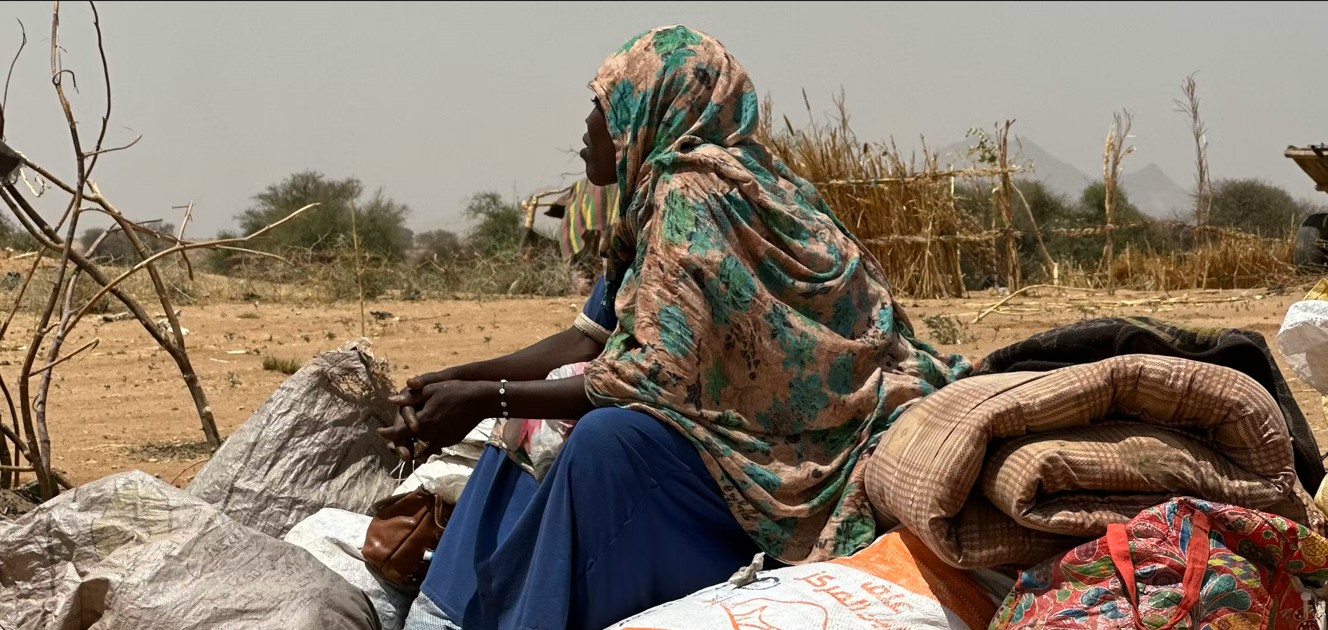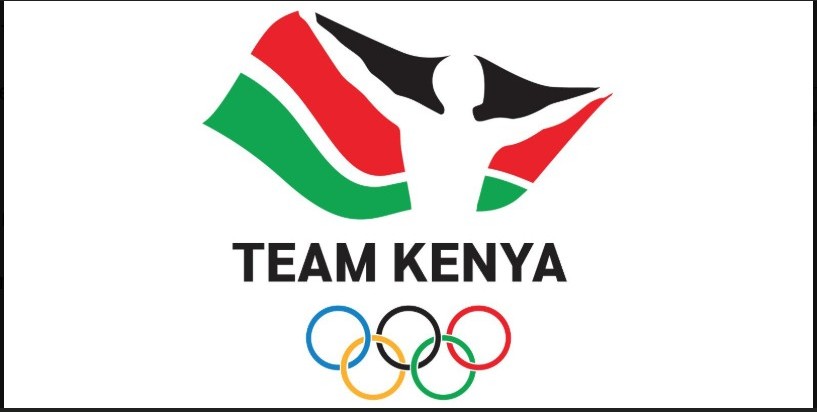WHO raises alarm as antibiotic resistance threatens global health gains

The report links this growing resistance to the misuse of antibiotics, poor infection control, and weak surveillance systems, particularly in developing regions.
The World Health Organisation (WHO) has sounded the alarm over the accelerating threat of antibiotic resistance, warning that lifesaving drugs are losing their effectiveness at an alarming rate.
In its Global Antimicrobial Resistance Surveillance Report 2025, WHO revealed that nearly one in six bacterial infections recorded globally in 2023 failed to respond to standard antibiotic treatment.
More To Read
- Flu shots: how scientists around the world cooperate to choose the strains to vaccinate against each year
- Study flags stark inequities in global epilepsy care, medication
- WHO warns of measles resurgence as vaccine gaps widen
- WHO launches first global guidelines on infertility, calls for safer and more accessible care
- WHO warns of rising antimicrobial resistance in fungal infections
- Kenya steps up border checks as Ethiopia confirms outbreak of Marburg Virus Disease
The report links this growing resistance to the misuse of antibiotics, poor infection control, and weak surveillance systems, particularly in developing regions.
Data gathered from 104 countries through the WHO’s Global Antimicrobial Resistance and Use Surveillance System (GLASS) showed that resistance has increased in more than 40 per cent of the monitored pathogen–antibiotic combinations since 2018.
WHO said resistance was most widespread in the South-East Asia and Eastern Mediterranean regions, where one in three infections resisted treatment.
In Africa, one in five bacterial infections was resistant, with some countries reporting resistance rates exceeding 70 per cent due to limited diagnostic services and poor access to quality medicines.
“Drug resistance is spreading faster than our ability to respond, and that puts every person at risk,” said WHO Director-General Dr Tedros Adhanom Ghebreyesus.
He emphasised that countries must not only invest in surveillance and research but also ensure rational antibiotic use and access to vaccines and reliable diagnostics.
The report cites E. coli and Klebsiella pneumoniae as among the most resistant bacteria, with more than half of the samples tested showing no response to third-generation cephalosporins, the frontline drugs used for severe infections.
Increasing resistance to carbapenems and fluoroquinolones has left doctors with fewer treatment options, especially in low- and middle-income nations where newer drugs remain scarce or too costly.
Despite these challenges, WHO noted steady progress in surveillance efforts, with the number of participating countries in GLASS more than quadrupling since 2016.
However, nearly half of them still lack robust systems to produce accurate, reliable data.
Dr Tedros urged governments and health agencies to accelerate efforts to combat antimicrobial resistance through the “One Health” approach, which integrates human, animal, and environmental health interventions.
“Our collective future depends on coordinated action,” he said, stressing the urgency of global collaboration, responsible antibiotic use, and investment in next-generation treatments to protect future generations from untreatable infections.
Top Stories Today














































